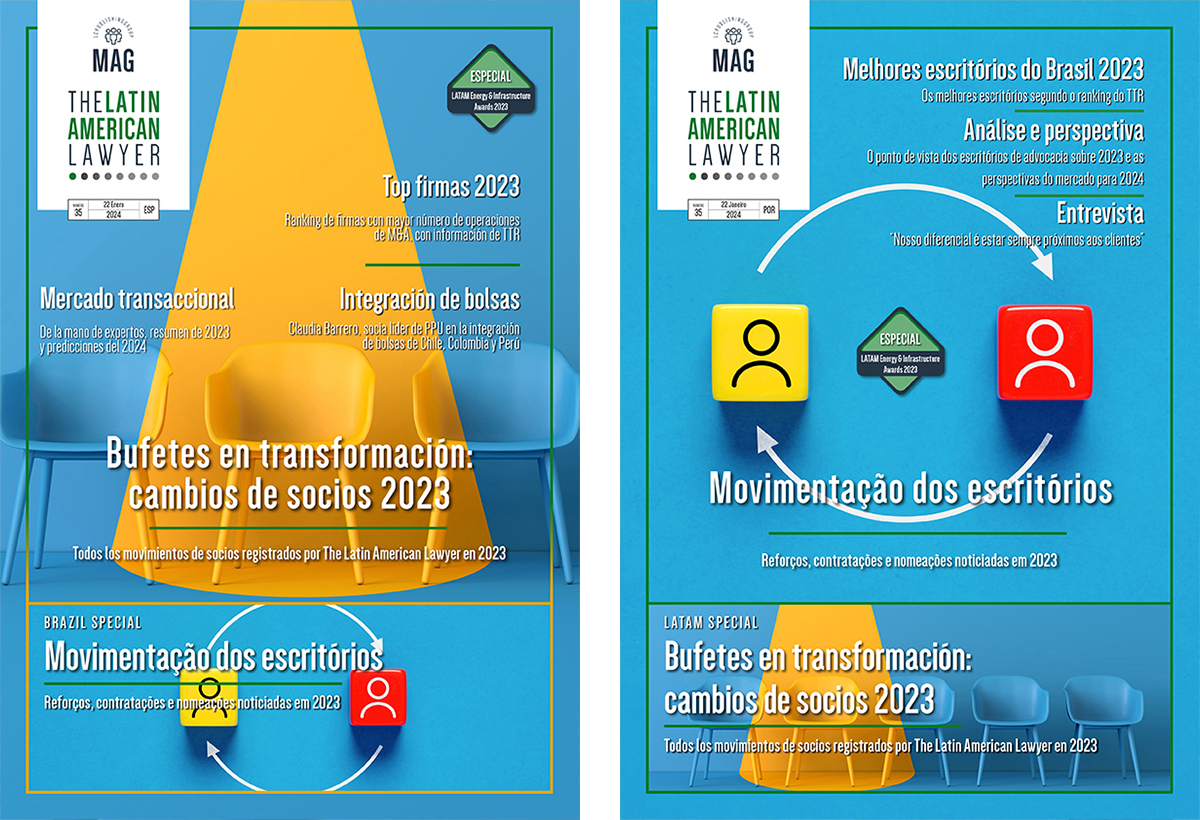Mexico’s ‘fintech law’ ushers in new opportunities
Regulations seek financial stability and preventing money laundering
On March 1, Mexico’s congress passed a financial technology regulations law, known as the fintech law, establishing a legal framework for institutions engaged in digital transactions, in order to create legal certainty for investors and consumers.
With around 200 fintech companies, Mexico has seen growth by more than 50% during 2017 and is a leader in this sector, according to research by the International Development Bank. However, until now, firms or start-ups offering these types of financial services were not regulated, creating uncertainty and offering no protection to consumers and resulting in a real obstacle to greater penetration of the financial market, lawyers say.
“Under the new fintech law, players already established in the industry must adjust their operations, as well as follow the secondary legislation that will be published in the following months,” René Arce Lozano, a partner at Hogan Lovells in Mexico City, told The Latin American Lawyer. The legislation, which will be enforced by Mexico’s stock exchange regulator CNBV, is also intended to reduce the risk of illegal operations within the financial sector such as money laundering. It also prevents companies from being discriminated against by financial institutions and includes measures designed to foster innovation. In providing such protection and spurring the growth of fintech companies, the law will ultimately benefit consumers and the financial sector in general, he says.
According to Juan Antonio Martín, a partner at the Mexico City office of White & Case, the new law brings more certainty to fintech players and assuages authorities’ concerns. “International companies with a lot of appetite to enter Mexico see the new law as an opportunity, given that it sets the bases for more competition in fintech,” he says. “While creating certainty for investors with the new legal framework, the law is also positive for consumers, and for enforcing compliance in companies in the financial technology area.”
But new legislation brings new challenges to law firms, Arce Lozano adds. “We will have to learn to adapt to new technological trends and to the reality of a new market, so lawyers interested in this sector must be prepared to specialise in a new area that will become as complex and technical as the banking and financial sectors”. He stresses, however, that the new law is a great opportunity in a previously little explored area, as Mexico has seen an explosion of young talent interested in entering financial and technological services.
“With the growth and inevitable application of fintech regulations, lawyers will need to be creative and innovative and leave behind their traditional way of thinking. Together with technology, law practice also evolves, and this is a very promising moment for the country,” Arce Lozano concludes.














